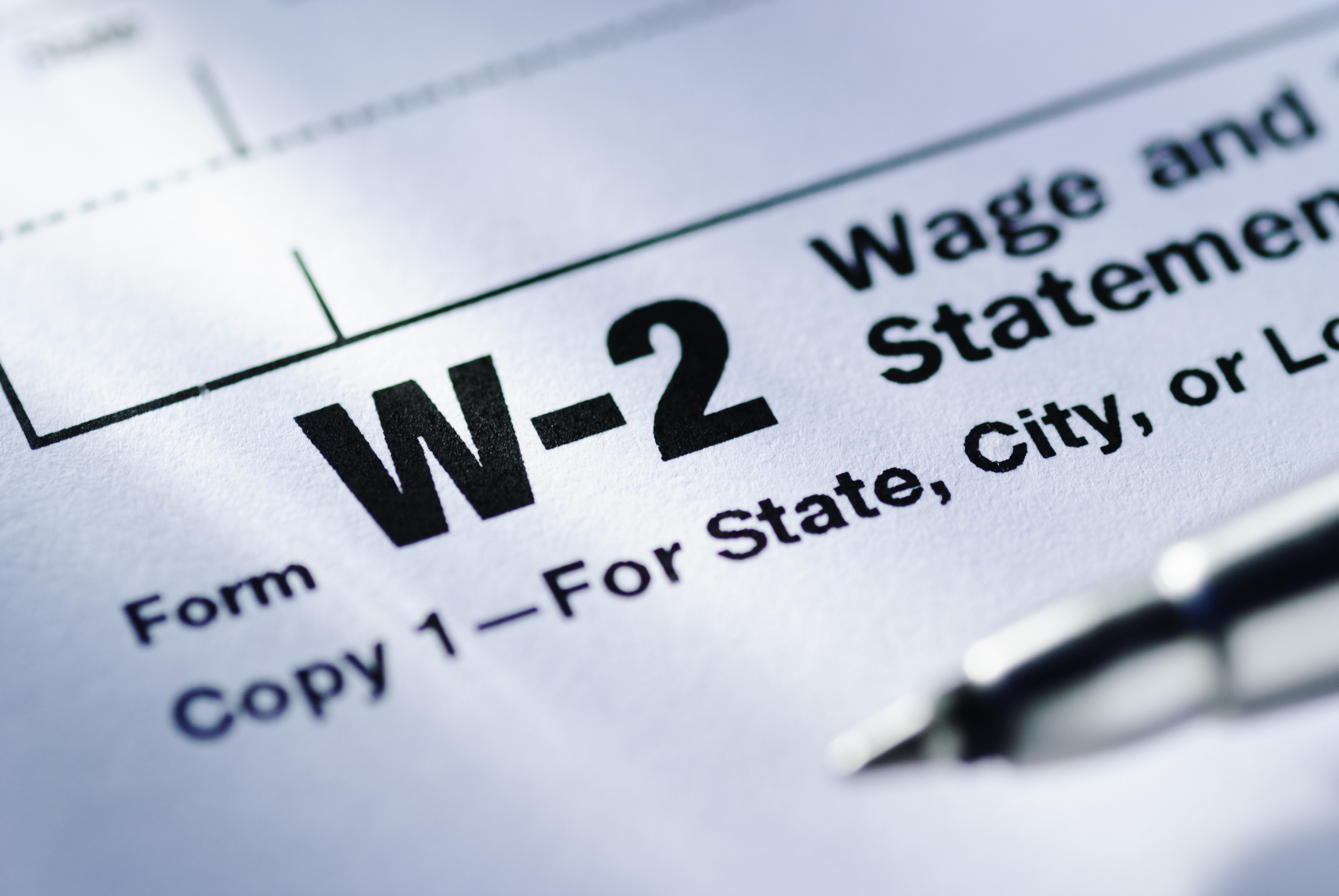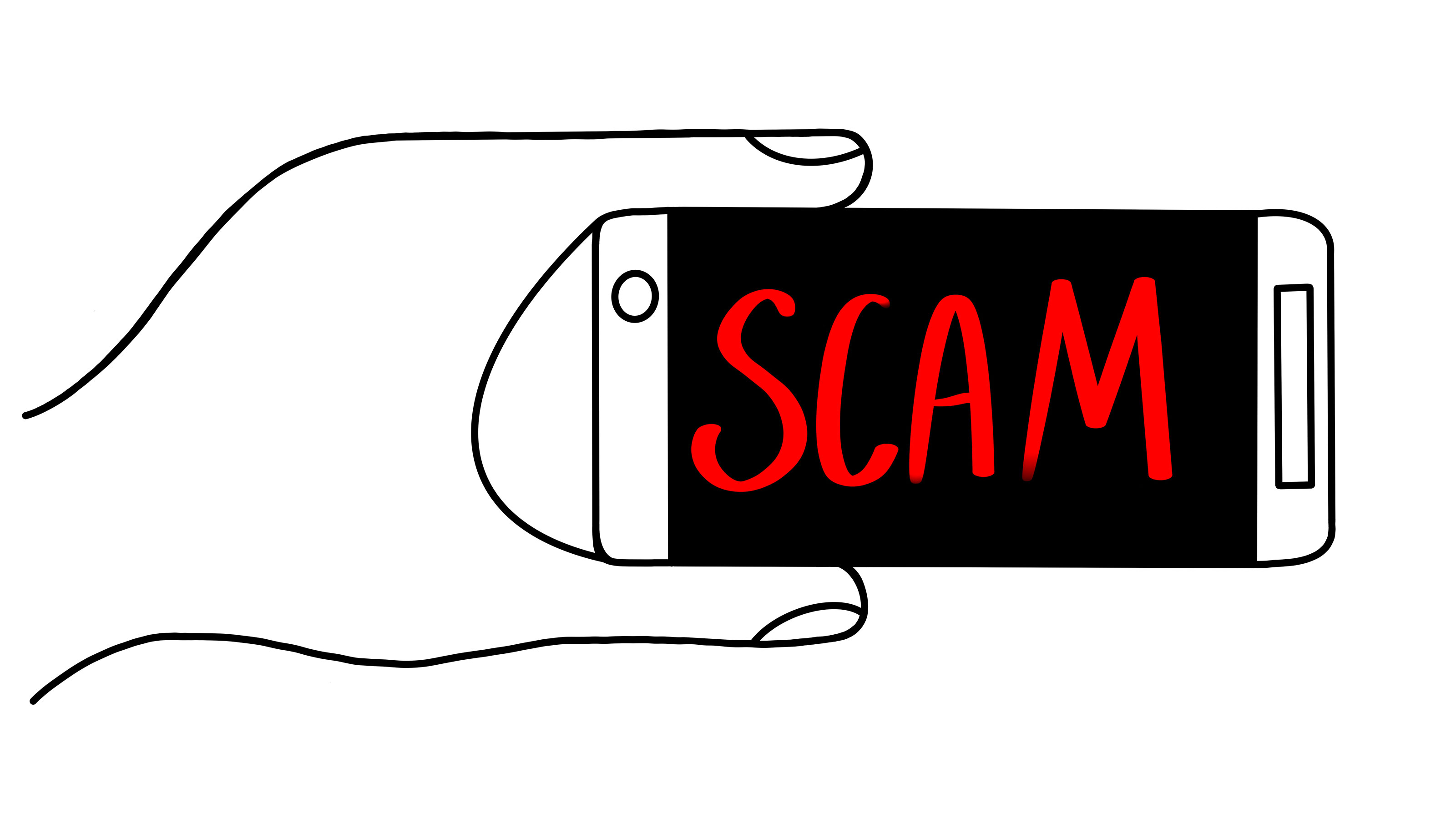E-mails From the IRS -- and Other Signs of a Tax Scam
Identity thieves are getting more sophisticated at tricking taxpayers into revealing their personal information. Here are some scams you may encounter this tax season and ways to tell fact from fraud.

Profit and prosper with the best of Kiplinger's advice on investing, taxes, retirement, personal finance and much more. Delivered daily. Enter your email in the box and click Sign Me Up.
You are now subscribed
Your newsletter sign-up was successful
Want to add more newsletters?

Delivered daily
Kiplinger Today
Profit and prosper with the best of Kiplinger's advice on investing, taxes, retirement, personal finance and much more delivered daily. Smart money moves start here.

Sent five days a week
Kiplinger A Step Ahead
Get practical help to make better financial decisions in your everyday life, from spending to savings on top deals.

Delivered daily
Kiplinger Closing Bell
Get today's biggest financial and investing headlines delivered to your inbox every day the U.S. stock market is open.

Sent twice a week
Kiplinger Adviser Intel
Financial pros across the country share best practices and fresh tactics to preserve and grow your wealth.

Delivered weekly
Kiplinger Tax Tips
Trim your federal and state tax bills with practical tax-planning and tax-cutting strategies.

Sent twice a week
Kiplinger Retirement Tips
Your twice-a-week guide to planning and enjoying a financially secure and richly rewarding retirement

Sent bimonthly.
Kiplinger Adviser Angle
Insights for advisers, wealth managers and other financial professionals.

Sent twice a week
Kiplinger Investing Weekly
Your twice-a-week roundup of promising stocks, funds, companies and industries you should consider, ones you should avoid, and why.

Sent weekly for six weeks
Kiplinger Invest for Retirement
Your step-by-step six-part series on how to invest for retirement, from devising a successful strategy to exactly which investments to choose.
Question: I received an e-mail claiming to be from the IRS and asking for my bank account information to deposit my refund. I’m almost positive it’s a scam. How can I find out for sure, and how can I report it if it is fraudulent?
Answer: It’s a scam—and one that’s common around tax season. The IRS doesn’t initiate contact by phone or e-mail. If you ever want to double-check whether the IRS is contacting you, see How to Know It’s Really the IRS Calling or Knocking on Your Door.
Most people know to be suspicious of calls and e-mails claiming to be from the IRS and asking for your money or personal information. But the crooks are getting smarter and introducing a new level of tax-related schemes, which are especially prevalent this time of year as people begin to file their tax returns and await their refunds.
From just $107.88 $24.99 for Kiplinger Personal Finance
Become a smarter, better informed investor. Subscribe from just $107.88 $24.99, plus get up to 4 Special Issues

Sign up for Kiplinger’s Free Newsletters
Profit and prosper with the best of expert advice on investing, taxes, retirement, personal finance and more - straight to your e-mail.
Profit and prosper with the best of expert advice - straight to your e-mail.
And people are even more susceptible to scams this year because of confusion about the new tax law. In the most common tax scams, IRS impostors claim that you owe money and threaten lawsuits or arrest if you don’t pay immediately by credit card or by wiring the money or sending a prepaid debit card or gift card. They have even started to spoof caller IDs to make it look like the call is from Washington, D.C., the U.S. Treasury or your state or local department of revenue.
Be aware, if you owe money, you’ll receive a notice from the IRS in the mail first. And the agency does not demand that you pay taxes without a chance to question or appeal the amount it says you owe.
As you discovered, at this time of year scam artists are also sending e-mails that look like official IRS correspondence asking for your bank account information to directly deposit your refund. Some e-mails include a link to a website that looks legitimate but is just a way to gather your information and steal your money or identity. Con artists also send e-mails claiming to be from your tax software company or tax professional, asking for information related to your refund or confirming personal information. The e-mail may ask you to update your “IRS e-file information immediately” to prevent a delay of your refund. The IRS will not send an e-mail asking for personal or financial information.
You can report these phishing scams at phishing@irs.gov. If you think there’s a chance that the correspondence may be legitimate, don’t click on any links or respond. Instead, look up the phone number of your tax preparer or tax software company separately and call to check.
Also, in the past few years, there have been problems with ID thieves who get your Social Security number and other personal information and file a fraudulent tax return in your name so they can collect your refund. The IRS has beefed up security to help reduce these problems, but it’s still a good idea to file your return as soon as possible if you’re owed a refund, so you can beat the thieves to your money. See the IRS’s Taxpayer Guide to Identity Theft for more information.
For more information about scams targeting taxpayers—including a frequently updated list of common scams—see the IRS’s Tax Scams Consumer Alerts.
Profit and prosper with the best of Kiplinger's advice on investing, taxes, retirement, personal finance and much more. Delivered daily. Enter your email in the box and click Sign Me Up.

As the "Ask Kim" columnist for Kiplinger's Personal Finance, Lankford receives hundreds of personal finance questions from readers every month. She is the author of Rescue Your Financial Life (McGraw-Hill, 2003), The Insurance Maze: How You Can Save Money on Insurance -- and Still Get the Coverage You Need (Kaplan, 2006), Kiplinger's Ask Kim for Money Smart Solutions (Kaplan, 2007) and The Kiplinger/BBB Personal Finance Guide for Military Families. She is frequently featured as a financial expert on television and radio, including NBC's Today Show, CNN, CNBC and National Public Radio.
-
 5 Vince Lombardi Quotes Retirees Should Live By
5 Vince Lombardi Quotes Retirees Should Live ByThe iconic football coach's philosophy can help retirees win at the game of life.
-
 The $200,000 Olympic 'Pension' is a Retirement Game-Changer for Team USA
The $200,000 Olympic 'Pension' is a Retirement Game-Changer for Team USAThe donation by financier Ross Stevens is meant to be a "retirement program" for Team USA Olympic and Paralympic athletes.
-
 10 Cheapest Places to Live in Colorado
10 Cheapest Places to Live in ColoradoProperty Tax Looking for a cozy cabin near the slopes? These Colorado counties combine reasonable house prices with the state's lowest property tax bills.
-
 Holiday Tax Scams 2025: 'Tis the Season to be Wary
Holiday Tax Scams 2025: 'Tis the Season to be WaryTax Scams Navigating tax tricks of the holiday season may be daunting, but don't let that destroy your festive spirit
-
 How to Guard Against the New Generation of Fraud and Identity Theft
How to Guard Against the New Generation of Fraud and Identity TheftIdentity Theft Fraud and identity theft are getting more sophisticated and harder to spot. Stay ahead of the scammers with our advice.
-
 Tax Scam: IRS Warns Taxpayers Against Filing False W-2 Info
Tax Scam: IRS Warns Taxpayers Against Filing False W-2 InfoScams A new tax scam on social media advises lying on your W-2 to falsely claim credits and bigger refunds.
-
 PODCAST: National Taxpayer Advocate Erin M. Collins Wants to Help
PODCAST: National Taxpayer Advocate Erin M. Collins Wants to HelpFinancial Planning Your tax dollars are at work funding a government bureau to help you deal with the IRS. Strange but true! Also, the price of Amazon is going up.
-
 Con Artists Target People Who Owe The IRS Money
Con Artists Target People Who Owe The IRS MoneyScams In one scheme, thieves will offer to "help" you pay back taxes, only to leave you on the hook for expensive fees in addition to the taxes.
-
 Tax Refund Scam Targets College Students and Staff
Tax Refund Scam Targets College Students and StaffScams The IRS says there's a new phishing scam aimed at people with email addresses ending in ".edu."
-
 PODCAST: Taxes on Retirees — What’s New
PODCAST: Taxes on Retirees — What’s NewBudgeting In this episode of Your Money's Worth, senior tax editor Rocky Mengle talks about the latest update of the Kiplinger Retiree Tax Map. Will states with declining revenues make life harder on retirees? Also, the Biden stimulus plan and the hazards of patent scams.
-
 Watch Out for Stimulus Check Texting Scam
Watch Out for Stimulus Check Texting ScamScams Scammers are sending text messages that trick people into disclosing bank account information to get a $1,200 stimulus check.